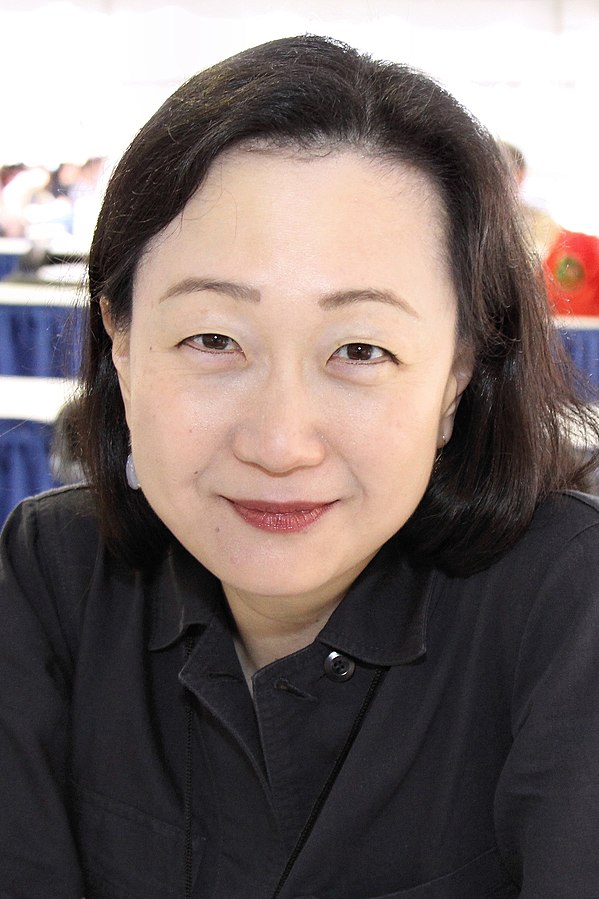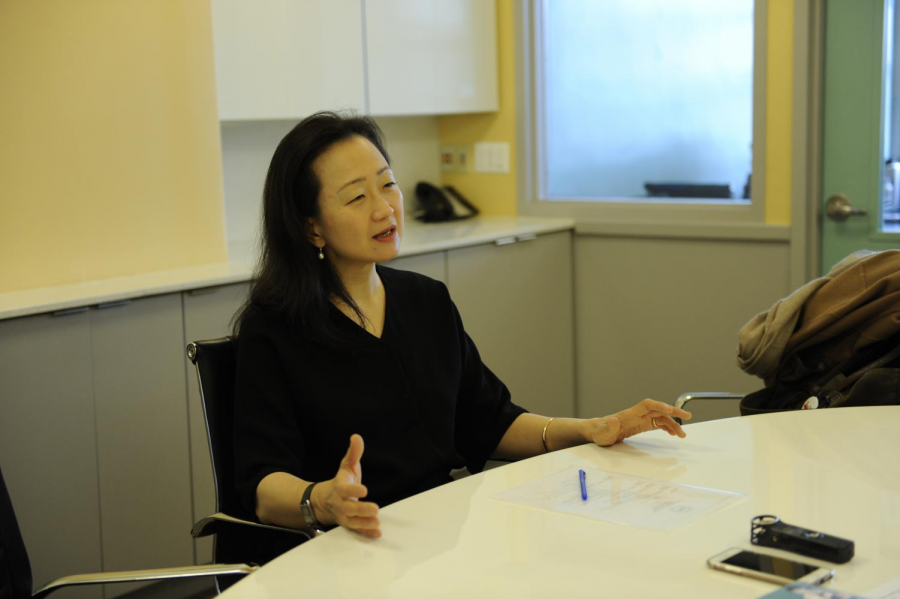

If you show up every day, keep your word, be somebody who has dignity in the way you comport yourself, that’s quite astonishing. I know so many people who work really hard and don’t get those things. Showing up every day and having integrity about the way you live your life: that’s really the magic, because the ending and the beginning and the expectation and the outcome-all that stuff is nonsense. MJL: That’s actually the vital part, because I think that’s when you show up.

What about that middle part? That’s the slog, right? That doesn’t sound like a writer sorry.īLVR: I once said to a writing professor: “The beginnings and endings of things are easy, but what about the middle?” You’re saying if you can start, great if you can finish, even better. If any of those elements happens at some point, then you kind of look at it for what it is. As for status, riches, fame, and splendor? Those are out of reach for everybody. Most people can’t start things or most people can’t finish things, but if you can start something and finish something, you’re going to be fine. However, I know this about myself: I finish things. MJL: I’m almost fifty, and I’m mostly amazed by these things now. I’ve never been funded before, and people actually expect me to finish a book and everything. MIN JIN LEE: Yes, I have two fellowships right now, which means that I have to rent my place and move all of my stuff by the end of August. THE BELIEVER: You mentioned that you’ve been working all day. We spoke for nearly two hours, engaged in the kind of conversation you walk away from with calm clarity, despite knowing the world revolves in an uncertain blur. From the moment Lee answered my call, an easy intimacy ensued. When we spoke last summer, she was supported by two fellowships in fiction: one from the Guggenheim Foundation and the other from the Radcliffe Institute for Advanced Study at Harvard University. Aim past the wood, aim through the wood aim for the chopping block.” Like Dillard, Lee advocates for a creative life in pursuit of rewards beyond earthly riches.Īlthough both Lee and I live in New York City, we spoke by phone. If you aim for the wood, you will have nothing.
#Min jin lee tv
Then, of course, there’s her historical novel, Pachinko (2017), which was a finalist for the National Book Award for Fiction, was deemed one of The New York Times ’ “10 Best Books of 2017,” and was optioned for a TV show by Apple last year.Īlthough she didn’t invoke this reference, Lee’s insistence on purpose felt similar to Annie Dillard’s in The Writing Life : “Aim for the chopping block.
#Min jin lee free
In an essay for Literary Hub, she wrote about two failed manuscripts, the shame and financial stress of writing fiction, and the eventual sale of her first novel, Free Food for Millionaires (2007), which became a national best seller. For the last twenty-four years, she’s done exactly that.Īlthough Lee’s success now feels inevitable, she struggled for eleven years. Instead she prioritized good health, interpersonal relationships, inhabiting one’s gifts, and pursuing one’s calling. Lee determined her mandate by considering this foil question in equal measure: What is superfluous? Upon examination, her assessment included success, money, glory, fame: all those things our society lauds. The answer for her was writing, specifically about the Korean diaspora. After chronic liver disease tested her mortality, she realized, “If I’m going to die, what do I want to leave behind?” In 1995, Lee abandoned her law career-and with it security, health insurance, and a steady paycheck. Wright Prize for Nonfiction and the James Ashmun Veech Prize for Fiction, before attending Georgetown Law. A graduate of the Bronx High School of Science, she majored in history at Yale University, where she won the Henry P. Originally born in Seoul, Lee immigrated to Queens, New York, in 1976, when she was seven years old. When we spoke by phone in July 2018, she didn’t say this outright, but over one year later, the question’s impact on her life still feels palpable to me. W hat truly matters? It’s a deceptively simple question, one with no uniform answer, that has served as a mantra of sorts for author Min Jin Lee.


 0 kommentar(er)
0 kommentar(er)
